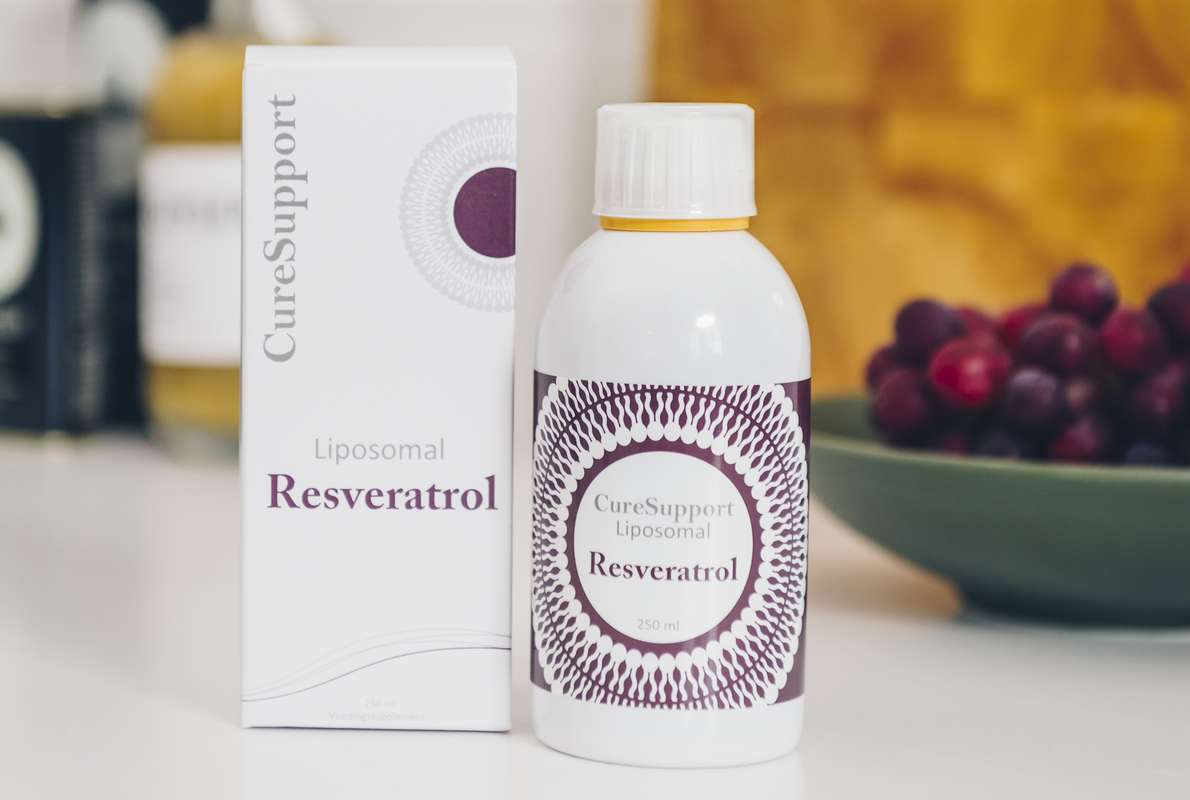
4 facts about resveratrol
At the start of the second corona wave, resveratrol was suddenly in the news: it could potentially contribute to the inhibition of COVID-19. Most people probably had not yet heard about resveratrol, but the pure substance is already being used in specific food supplements. Do you want to know more about it? Please read on.
1. What is resveratrol
Resveratrol belongs to the flavonoids. This makes it an antioxidant. Flavonoids are naturally in plant-based food products. And so is resveratrol. Funny fact: we can often thank the flavonoids for the color of vegetables and fruit full of vitamin C. Just like isoflavones, resveratrol is a phytoestrogen within the flavonoids. Resveratrol appears in various plant species but is present in large numbers especially in the peel of (blue) grapes. Funny enough, that’s why it is automatically in red wine! However, this benefit does not weigh up against the disadvantages of alcohol in the wine.
2. What is resveratrol good for?
There is still no conclusive evidence about the effect of resveratrol, but many users report what potential effect resveratrol has for them. Since resveratrol is regarded as an antioxidant, it has a potential influence on our body in the same way as other antioxidants. For instance, resveratrol would help in protecting cells and tissue against aggressive substances. That would make it possible to help against diseases. We are clearly saying ‘possibly’ because it certainly has not yet been scientifically justified in all cases. Contrary to for instance vitamin C or vitamin D3 and vitamin B12, not enough research has been conducted yet. In addition, it is said that a portion of the positive health effects of vegetables and fruit is because of the flavonoids, but even less justified research has been conducted into this.
3. Use of resveratrol
Flavonoids and, therefore, resveratrol are not essential nutrients. A healthy person does not need or rather does not have to take extra resveratrol. Some cancer patients take extra resveratrol to be able to experience the positive effects of it. As previously stated, no conclusive research has been conducted on this and these benefits.
4. Possible side-effects of resveratrol
As far as it is known, no large detrimental consequences are attributed to the use of resveratrol. However, always inform your general practitioner about the use because the effect may be detrimental in combination with other food supplements or medicines. For instance, it is possible that resveratrol starts working as a blood thinner. It is always advisable to engage an expert in combination with regular medicines against it.